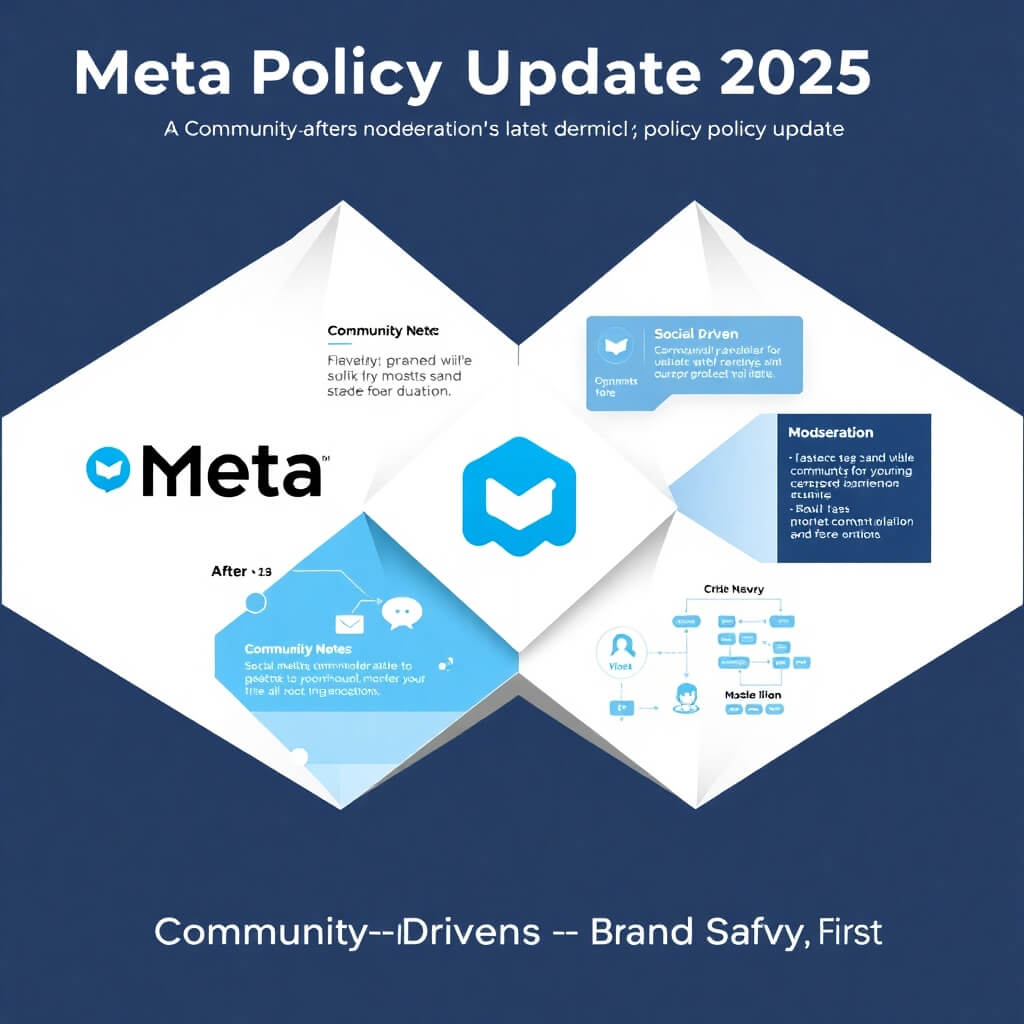In many B2B companies sales and marketing don’t get along very well. Often marketing thinks that sales doesn’t understand what it does and doesn’t respect the leads that it generates, and sales thinks that marketing generates very poor quality leads that are a waste of time to follow up on.
In situations where a marketing department is sending all of their form completes – many of whom are suspects, really, and not serious prospects — to sales, that reaction from sales would be understandable.
Lead scoring can greatly improve this situation.
Lead scoring needs to start with an agreement between sales and marketing on what constitutes a qualified lead. Sales may think that they know, based on their being closer to the customer and closing deals, but they may be wrong, or their definition may be incomplete. Ideally the definition of a qualified lead will be based on unpacking dozens, if not hundreds, of closed deals to determine the characteristics of the lead, and the lead nurturing and sales, process.
Once this definition is agreed upon, though, marketing needs to get to work producing as many leads as possible that meet it. In any active marketing program, most of the people who contact the company or fill out forms are not going to be qualified leads. In fact, often fewer than 5% are qualified and ready to buy soon. So how do you score these?
Eloqua has broken the lead scoring process down into two scoring dimensions: who the person is, and how interested they are.
In the first dimension, you look at contact and account demographic data such as size of company, industry, physical location, and title/seniority of the person. In the second dimension you look at how interested they are based on, in large part, what Eloqua calls their “digital body language” (I love that term!) Their digital body language, which Eloqua and other marketing automation systems can track, includes what forms they have filled out, which of your emails and newsletters they have read, which webinars they’ve attended and white papers they have downloaded, and how often have they been visiting your website lately.
You can then assign point values to these characteristics. Being a CMO or VP is assigned more points than being a director, a $10 billion company gets more points than a $500 million company, a person gets points for each email or newsletter they read, and even more points if they forwarded it, and so on.
Eloqua then suggests creating A through D rankings of who the person is, and 1 through 4 rankings of their interest level. So an A1 would be a highly rated person with a high interest level – definitely someone that sales wants to talk to immediately. An A3 or A4 would be the right person, but they’re not showing significant interest at this time, so you would want to keep them in your nurture programs, but not waste the time of sales trying to reach out to them. (A D1 would be a person who is the wrong fit that is showing a lot of interest – maybe it’s an individual consultant or a student – and again not worth the time of sales.)
Each company needs to customize this lead scoring system to their market, of course. But when properly implemented, it can make a dramatic difference in the sales process. Studies have shown that on average companies that get lead scoring right have a higher sales close rate and stronger revenue growth.
And it’s impossible to miss the loving gazes going back and forth between their sales and marketing departments.





